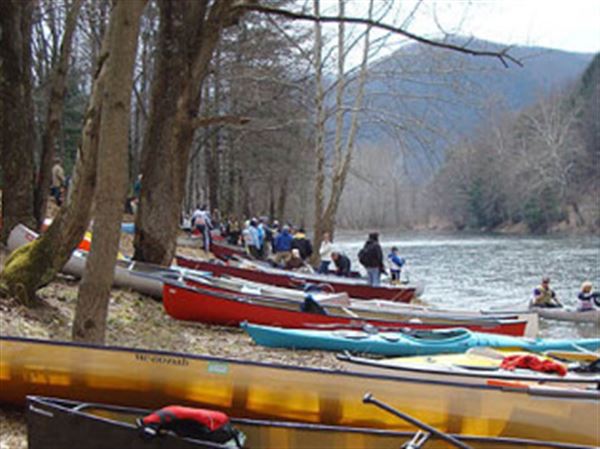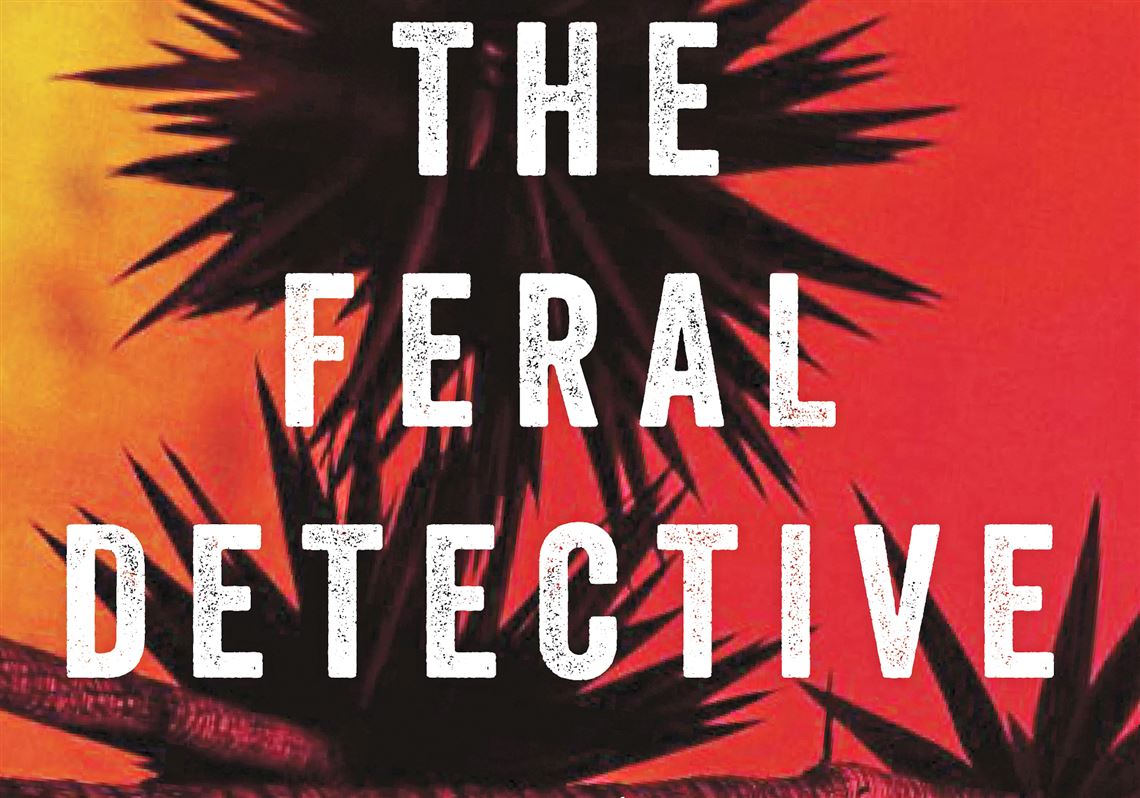Jonathan Lethem spins words with the best, and he’s never at a loss for them. He’s also a magician when it comes to topicality. Trouble enters, however, when his language and contemporaneity outstrip his characterization, weakening “The Feral Detective,” Mr. Lethem’s latest walk on the wilder side.
Billed as his first detective novel since the superior “Motherless Brooklyn” earned him the National Book Critics Circle Award in 1999, “The Feral Detective” is more road novel than gumshoe yarn. Above all, it’s a journey into today’s heart of darkness. Permeated by the election of Donald Trump in 2016, it’s a lament for the loss of authenticity, a cry against despoliation of the environment, and a plea for the resurrection of truth. It’s also picaresque and picturesque, and there are times the tone doesn’t align with the issue.
This novel stars Phoebe Siegler, a journalist manqué from New York who wears attitude and heart on her sleeve, and the laconic Charlie Heist, a man of mysterious provenance. Siegler hires Heist to help her find Arabella Swados, a friend’s daughter gone missing on the West Coast. Did Arabella vanish into the Buddhist sanctuary so favored by Leonard Cohen? Did she fade into the Mojave desert?
While Mr. Lethem strains to flesh out Siegler and Heist, he moves the plot along nicely, quickly binding the two in carnal hyperbole (Siegler’s orgasm is her first since Trump’s election) and exploring such key topics as tribalism and ecology. Siegler and Heist become ensnared in a brutal murder involving the Bears and the Rabbits, two latter-day Mojave “tribes.” The male-dominated Bears and the matriarchal Rabbits operate far off the Los Angeles grid, and come to rule this novel in scenes simultaneously gruesome and psychedelic. The landscape, both psychological and geographical, may be more interesting and worthy than the people here. Perhaps that’s Mr. Lethem’s takeaway.
The book is weirdly elegiac, bemoaning the heirs of ’60s hippies who left the cities for a purer, cleaner environment. The back-to-the-land movement of that bygone era flickers back to life: “Of the many utopian-minded packs of hippies who’d taken to the wilderness in the late ’60s, few lasted more than a winter or two,” Mr. Lethem writes. “Most dissolved, come to ruin at the crossroads of ideological dissension, venereal disease or parasites, starvation, jealousy, and sheer ignorance of the raw facts of wilderness survival.”
Some, however, persevere, like the Bears and Rabbits; Heist is related to both as the first-born at the marvelously named Viscera Springs Ranch. Mining a vein of lapis lazuli brings some revenue to these groups, which coexist uneasily at best. So do events that draw bikers and more marginal types to ride a Ferris wheel like one that plays a vivid part toward the end of this enthralling but enervating work.
Mr. Lethem is always at least entertaining. I just wish I had come to care for Siegler—the narrator—and Heist sooner, instead of only admiring the author’s indisputable skill. It wasn’t until I was more than halfway through that Siegler mattered to me and I felt Heist was more than a mutton-chopped, chiseled oracle struck dumb.
A bravura scene in which Siegler temporarily abandons her search for Arabella to join in a critical battle finally gives her the depth to which she pretends and aspires. Like Heist, whom she’d very much like to bond with, Siegler finally goes feral in that violent and dramatic conflict. Here, she decompresses:
“Yet as we came out of the realm of smoke and drumming and my own blood-rage, I reattuned to the earworm of my own thinking—the hum of self-adjusting, like a pop song never silenced in my skull, to which I only intermittently attended. One part of my brain was still busy composing the red-state tell-all op-ed, the career I’d salvage from the ruins, my triumphant return to New York with surefire viral content...On another mental track, one completely unreconciled to my dream of fame and the reclaiming of my cosmopolitan life, was its opposite: I was a Rabbit now.”
In Mr. Lethem’s latest, self-knowledge comes at a brutal price but the emotional authenticity is well worth it. Seems like a lesson to live by whether you’re on or off the grid.
Carlo Wolff is a freelance writer from suburban Cleveland.
First Published: December 16, 2018, 3:00 p.m.

















